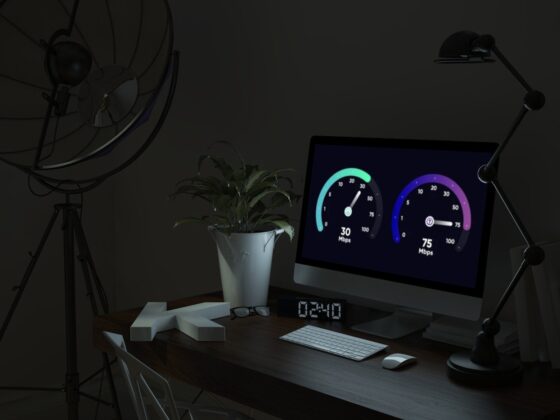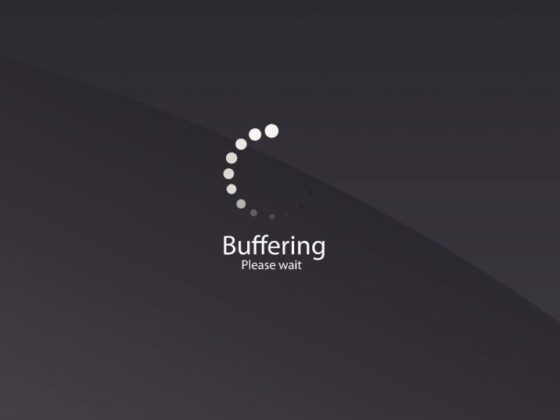Dipping your toes into trading without feeling overwhelmed? You’ve come to the right place. Choosing a trading platform that won’t drive you crazy is essential if you’re balancing a 9-to-5 job, family, or any other commitments.
We’ll walk through a few platforms and what makes each one suitable for people who may still be learning the ropes. So, grab a coffee, get comfortable, and let’s get straight to it.
Key Points
- Look for platforms with low minimum deposits and minimal transaction fees.
- Choose one with user-friendly navigation for stress-free trading.
- Consider the hours you’ll likely trade and pick a platform that fits.
- Test out demo accounts before going live with real money.
- Find a platform that offers support and learning resources for beginners.
1. Starting Strong: Binomo
For newcomers, Binomo is a solid choice. It’s ideal for people who want to jump in without hefty upfront costs. For example, Binomo allows real accounts to start with just $10, meaning you’re not risking much initially.
If you’re just learning, each trade starts from $1, so it’s perfect for those moments you’re testing things out and getting familiar with market movements. Even better, this platform operates every day, including weekends, so you can fit trades around your schedule, even if it’s late at night or early on a Sunday morning.
2. eToro – Social Trading with a Twist

eToro goes beyond just trading—it connects you with a community of other traders. If you’re a beginner, following experienced traders and seeing how they make decisions can be incredibly helpful.
The social aspect is a bonus, especially if the idea of a lonely trading experience isn’t for you. eToro offers a demo account, so you can learn how it works without committing money. Keep in mind, though, that eToro’s real trades require a minimum deposit, and fees apply, so it’s worth planning your budget accordingly.
3. TD Ameritrade – Built for Beginners, Packed with Tools
If you’re looking for tools that give you a deeper insight into markets, TD Ameritrade is a strong contender. It’s beginner-friendly but equipped with robust research tools for those wanting more than a basic experience.
Their mobile app is easy to navigate, and they offer educational resources tailored to beginners. What’s better? You don’t need a minimum deposit to start. However, bear in mind that some trades carry a commission, so it’s not entirely cost-free.
4. Robinhood – Easy and Cost-Effective

Robinhood is perfect if you want simplicity. It’s known for its no-commission structure on stocks and some options, which is fantastic for anyone hesitant about hidden fees. Its mobile app is clear and easy to use, and it doesn’t require a high deposit, so you can try out a few trades with minimal cash upfront.
Robinhood doesn’t, however, offer the social features or educational tools you’ll find on other platforms. Consider it if you’re mainly interested in stocks and want a low-cost start.
This table highlights the unique features and ideal audience for each platform, making it easy to see which one fits your needs best.
| Platform | Minimum Deposit | Best Feature | Cost Per Trade | Ideal For |
| Binomo | $10 | Low-cost entry point | Starts at $1 | Beginners testing the market |
| eToro | $200 | Social trading | Varies per trade | Those wanting community input |
| TD Ameritrade | $0 | Comprehensive tools | Commission-free on some trades | Beginners wanting in-depth research tools |
| Robinhood | $0 | No-commission on stocks | Free on stocks, varies on options | Users wanting simplicity and no hidden fees |
FAQs
How much should I budget as a beginner?
Start with an amount you’re comfortable with, like $50 to $100, while you test the platform.
Are demo accounts necessary?
Yes, using a demo account helps you practice without losing money and lets you decide if the platform fits your style.
Can I trade on weekends?
Yes, some platforms allow weekend trades, which is great if you’re balancing a full-time job.
Is a minimum deposit required for all platforms?
No, platforms like TD Ameritrade don’t require a minimum deposit, but check each one for specifics.
Do platforms charge fees beyond the trade cost?
Some do, like withdrawal or maintenance fees, so read through each platform’s fee list before committing.
Finding the right trading platform involves knowing your budget, goals, and how you plan to trade around your other commitments.
The most important thing is to try out a few platforms through their demo accounts and start with smaller trades. Don’t rush into high-stakes trades, especially in the beginning—start simple, stay informed, and grow your confidence over time. Happy trading!


